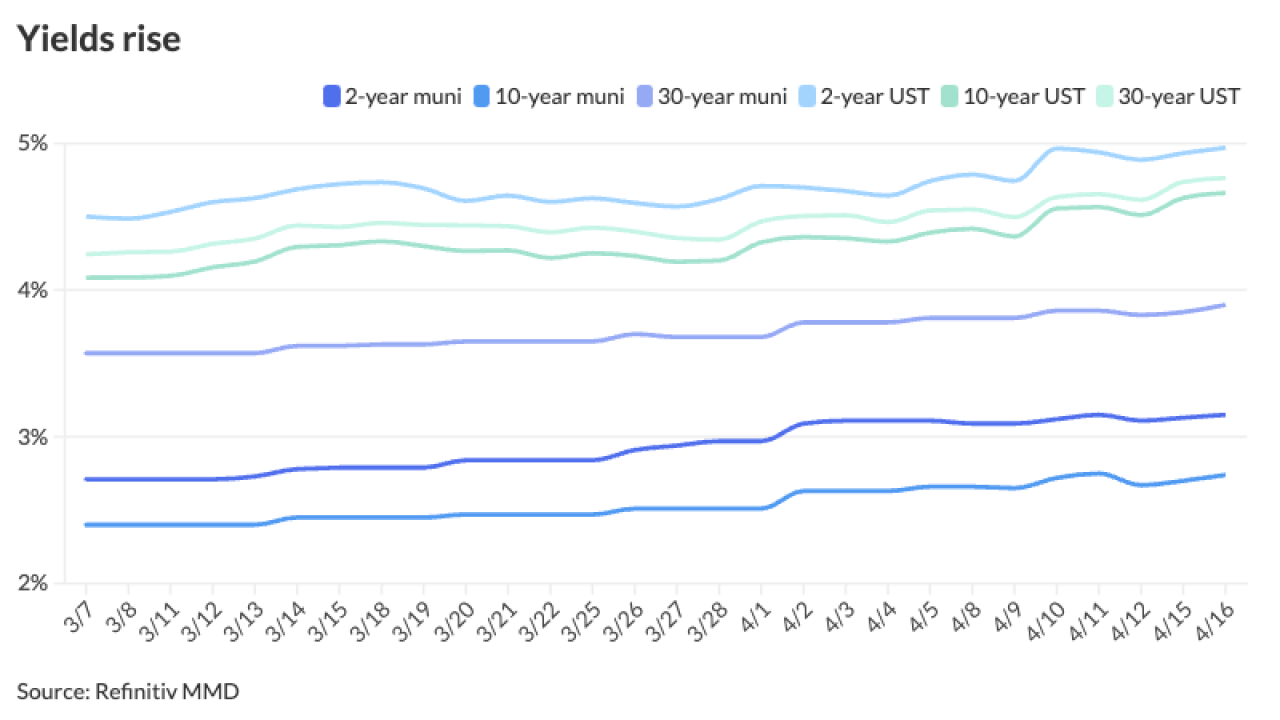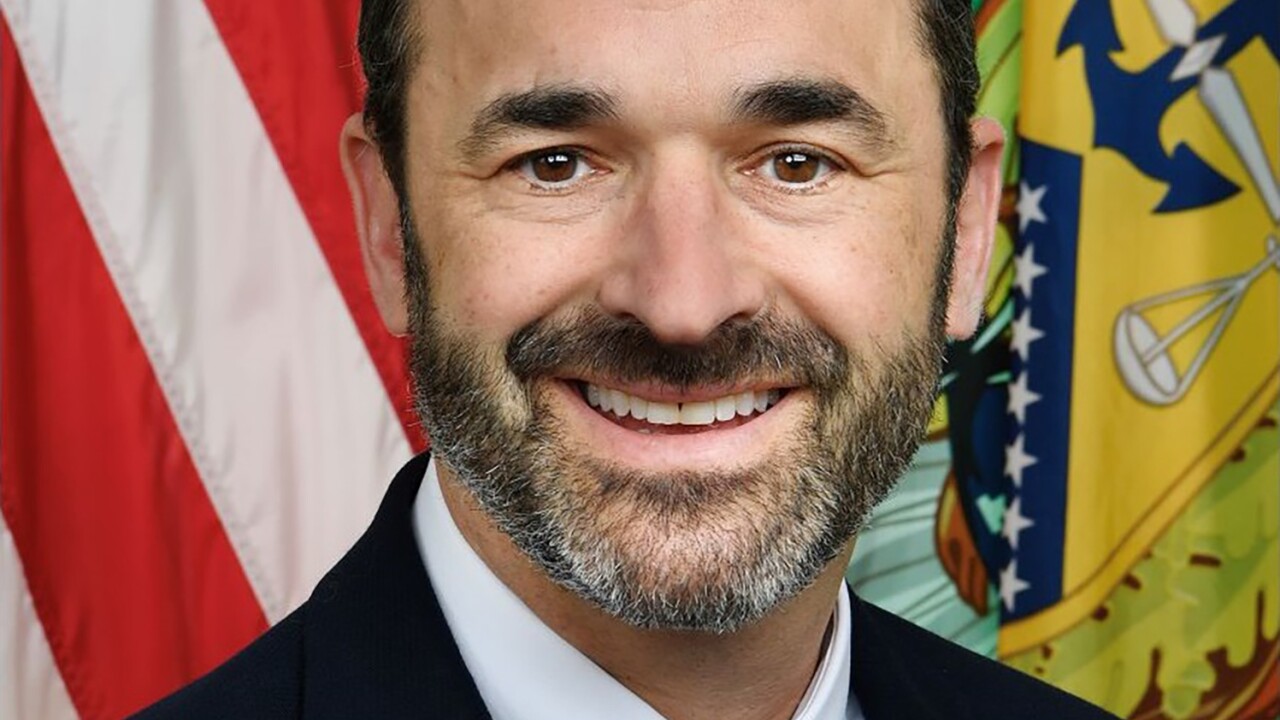DALLAS -- A key House committee will consider a six-year reauthorization of the Federal Aviation Administration that would spin off the national air traffic control system to a nonprofit corporation that could issue revenue bonds for equipment and infrastructure.

The House Transportation and Infrastructure Committee will meet Tuesday to begin the process of considering amendments to the bill, H.R. 2997, introduced last week by committee chairman Rep. Bill Shuster, R-Pa. Shuster said he hopes to bring the bill to the House floor for a vote before a month-long recess that begins July 31.
The Senate Committee on Commerce, Science, and Transportation will consider its own four-year reauthorization of the FAA, S. 1405, on Thursday. The measure introduced by committee chairman Sen. John Thune, R-S.D., and Sen. Bill Nelson, D-Fla., the committee’s top Democrat, would leave the ATC system under the FAA while requiring a study of how to finance terminal projects and other upgrades at airports.
The FAA’s authorization will expire on Sept. 30, the end of fiscal 2017, if Congress doesn't act before then.
Both bills would provide increases to the FAA’s Airport Improvement Program, which was funded at $3.35 billion in the fiscal 2017 omnibus budget measure. The Senate committee’s bill would raise the annual funding by 9% a year, while the House proposal calls for an 8% per year boost for six years.
Shuster’s plan would provide a total of $65.25 billion to the FAA over six years while the Senate committee’s proposal includes for $68 billion over four years. The House measure doesn't include funding for the ATC system after the third year.
Neither bill would increase the passenger facility charge of $4.50 per trip segment that many airports use to support bonds for infrastructure projects such as terminal upgrades. However, the Senate bill requires the Transportation Department to contract with an outside group to look at airport funding and recommend ways to upgrade and improve the infrastructure needed to handle increasing passenger demand.
A new, computerized GPS system would make air traffic more efficient and safer than the current radar-based ATC, Shuster said.
“We have the busiest aviation system in the world, and though it’s safe, it’s also inefficient, costly, and unable to keep up with growing demand or developing technology,” he said.
Shuster’s bill has several Democratic lawmakers as co-sponsors, though Rep. Peter DeFazio, the ranking Democrat on the committee, opposes the measure.
“Privatizing the nation’s air traffic control is yet another giveaway to special interests,” DeFazio said. “It will give private, self-interested actors the power to effectively tax the flying public. It gives away the equipment and property free of charge. It is likely unconstitutional.”
Thune said the Senate committee’s proposal would give general aviation airports more flexibility in funding infrastructure projects.
The proposal would fund the Airport Improvement Program at $3.35 billion in fiscal 2018 and raise it to $3.75 billion per year through fiscal 2021, he said.
“To address eroding rural access to our air transportation system and delays created by congestion around our most populated corridors, our proposal seeks out new solutions benefiting all Americans who use or depend on air transportation,” Thune said.
President Trump earlier this month signed a statement of principles to reform the ATC by spinning it off to a non-governmental entity that could issue bonds and obtain loans. The current ATC assets would be moved to the new corporation that would be controlled by a 13-member board.
“Today we are proposing to take American air travel into the future finally,” Trump said. “The previous administration spent over $7 billion trying to upgrade the system and totally failed. Honestly, they didn’t know what the hell they were doing. A total waste of money.”





